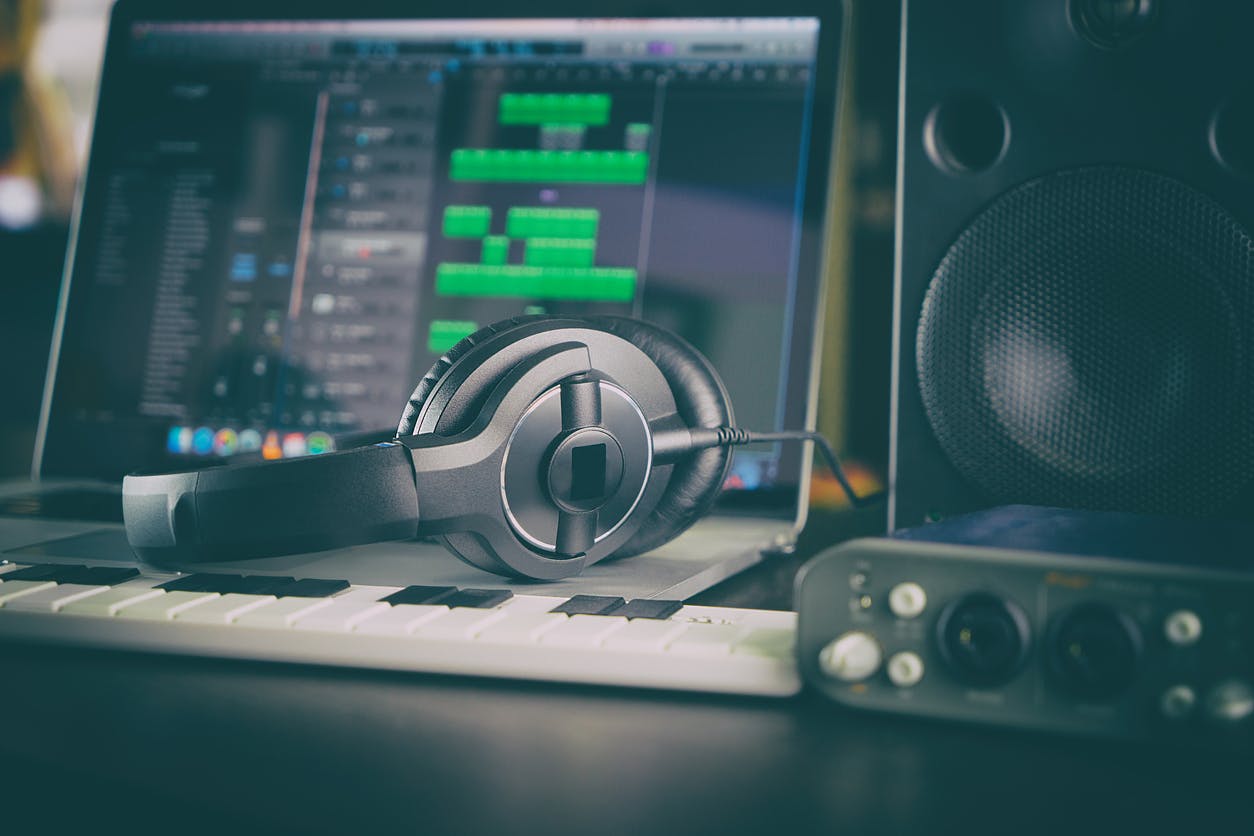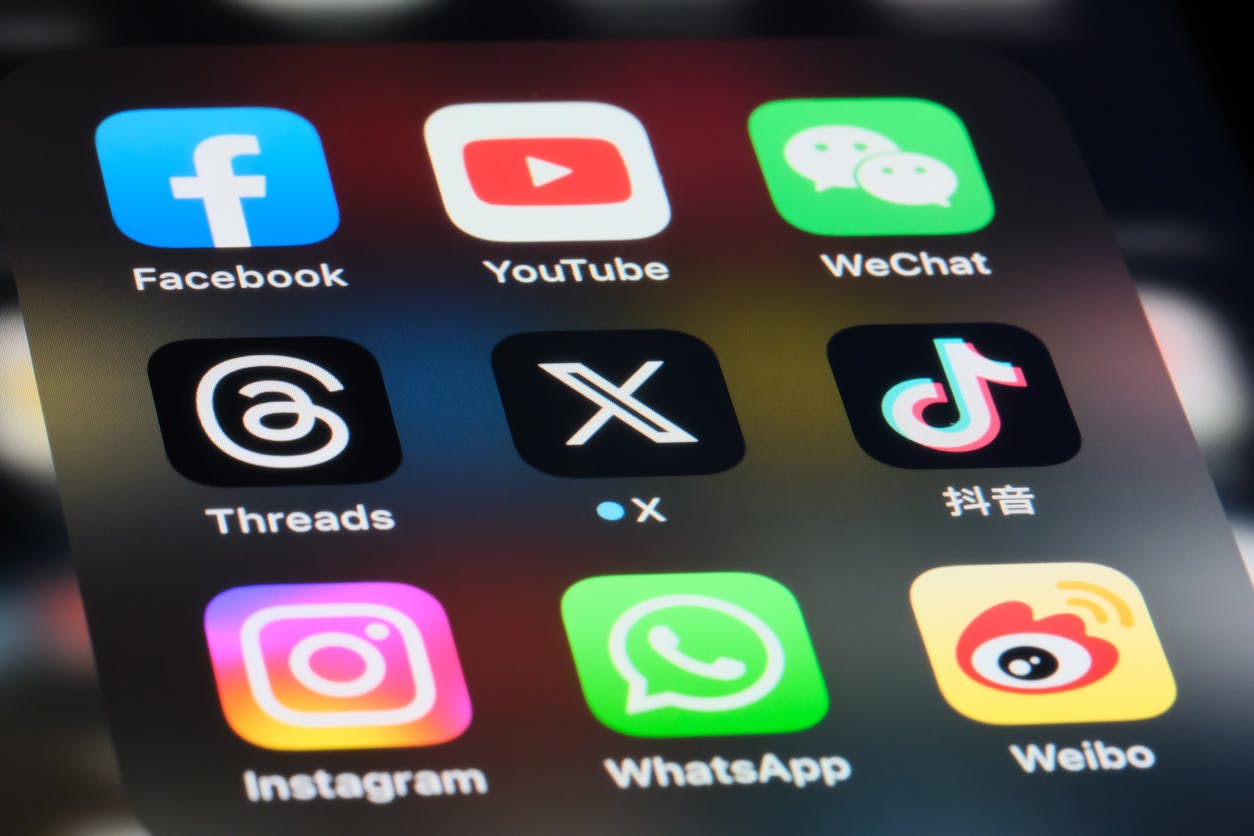
Beyond the beat: Decoding the era of modified audio
From accelerated tracks to innovative remixes, discover how technology is reshaping music creation and consumption....

The music industry, with its rich tapestry of sounds, emotions, and stories, has always been a space of evolution. From the gramophone's invention to the rise of streaming platforms, technology has consistently shaped how we create, consume, and connect with music. Today, as we find ourselves at the cusp of another technological revolution, the implications are both exhilarating and daunting.
As long as an original recording is altered, it’s considered modified audio. As with any creative endeavor, altered audio experiences shifts and trends. Lately, accelerated tracks have surged in popularity, propelling viral social media trends and catapulting obscure artists to stardom. However, it's not solely sped-up tracks that affect rightsholders and royalties; modified audio encompasses various creative practices and continues to shape the industry landscape.
Here is a list:
The digital age has democratized music creation. Advanced software allows budding artists to craft studio-quality tracks from their bedrooms. Algorithms can suggest chord progressions, melodies, and even lyrics, based on vast datasets of successful songs. This means that artists and creators alike can experiment, iterate, and innovate by modifying original recordings at a pace previously unimaginable.
Moreover, the ease of access to advanced production tools combined with the popularity of user-generated content platforms (YouTube, Facebook, TikTok, …) means that the market is flooded with content. Modified audio is proliferating on the latter platforms and on DSPs as well, through DIY distributors that have no means of checking infringements for all the tracks they process.

With sped-up and nightcore versions gaining in popularity, even labels have embraced this trend, curating dedicated playlists and radio stations. While these high-speed remixes can propel songs to viral status, they also have the potential to divert royalty payments away from rightful owners to other creators. Given the immense promotional value of social media in boosting music and increasing streams, platforms are now facilitating the seamless transition of music enthusiasts from their apps to streaming services like Spotify, Apple Music, and Deezer. When executed correctly, this streamlined process can translate to enhanced success and revenue for music rightsholders. However, when the system malfunctions, it can result in millions of dollars being paid to the wrong individuals.
So, do the rightsholders just sit and look at the caravan pass? No, a huge revenue stream is just lying, and technology can help. But not the legacy ACR solutions. It is time to embrace a next-generation content recognition solution, like our own Infringement Detector, tailored to identify and track modified audio across UGC platforms and DSPs alike.

👉 This is the first article of our blog series regarding modified audio unlicensed uses on UGC and DSP and what music rightsholders can expect from recognition technologies.
Next, we will explore:
📩 Please subscribe to our newsletter on the left-handed side to be informed as soon as the next episode is published!
Think we're on the same wavelength?